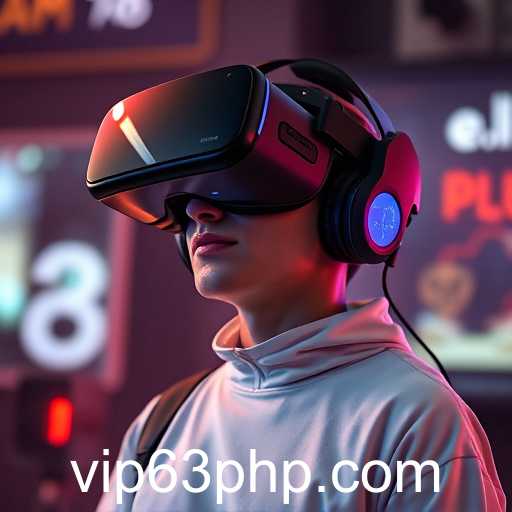In recent years, the gaming industry has witnessed an extraordinary technological evolution, with virtual reality (VR) at the forefront. This transformation is not only reshaping how games are played but also how they are experienced, creating immersive environments that were once the stuff of science fiction.
Platforms like 63php, known for their innovative approach to gaming, have embraced VR technology, providing gamers with a lineup of games that leverage this technology's power. The integration of VR has introduced a new dimension to interactive entertainment, engaging players on a sensory level previously unattainable with traditional gaming setups.
Industry reports suggest that the VR gaming market is expected to continue its growth trajectory, fueled by the increasing demand for enhanced interactive experiences. The advancements in VR hardware, alongside the expanding library of VR-supported games on platforms such as 63php, are pivotal to this growth.
Commentators believe that while VR is advancing rapidly, the true potential of this technology in gaming is yet to be fully realized. Skeptics initially doubted the viability of VR, citing issues like cost and consumer hesitation. However, continuing investments in research and development are overcoming these hurdles, making VR more accessible to the average consumer.
The dynamics of VR gaming are also influencing game development itself. Developers are now prioritizing player immersion, crafting narratives and environments that fully utilize VR's capabilities. This shift is evident in the English game sector, where innovative storytelling and design are increasingly VR-focused.
As we move further into the decade, platforms like 63php are set to play a crucial role in the dissemination and popularization of VR gaming. By offering a diverse range of VR-compatible games, they provide players with unique, captivating experiences that redefine the concept of gaming.
Looking ahead, the potential for VR in gaming could extend beyond entertainment, sparking discussions about its applications in education, training, and therapy. As VR continues to evolve, it not only transforms the gaming landscape but also opens new avenues for how we interact with and perceive digital content.








